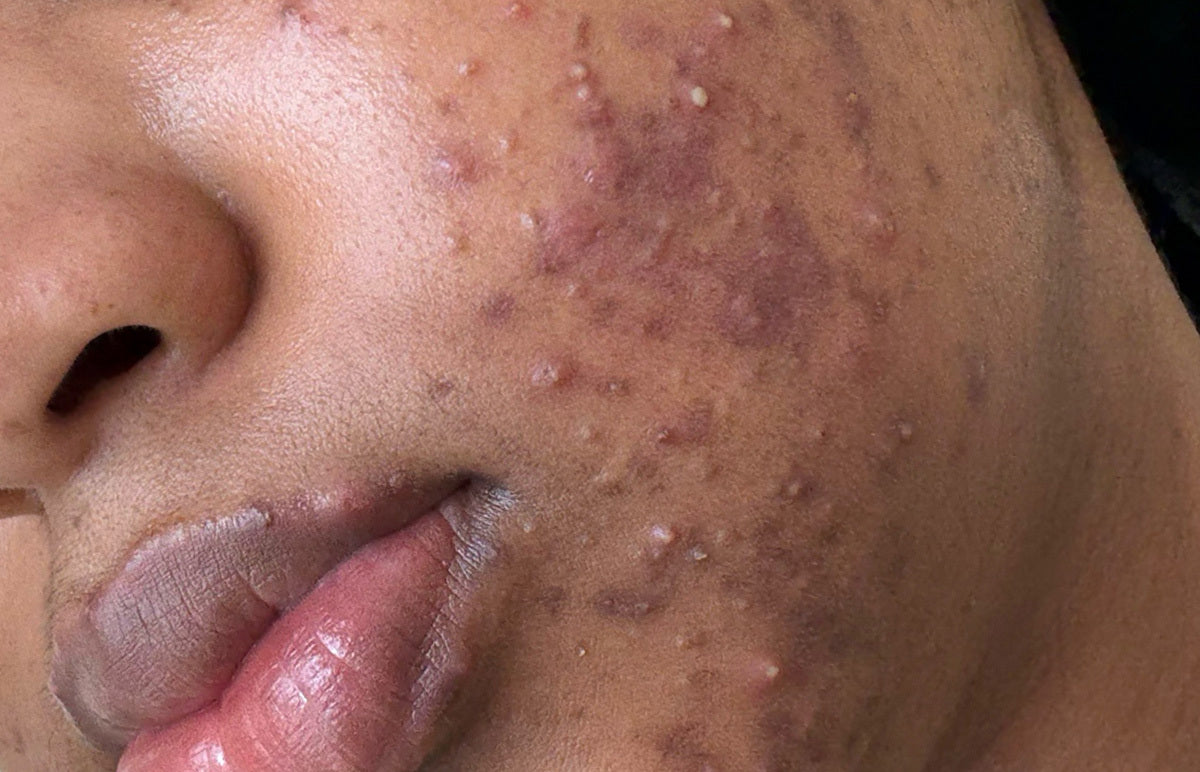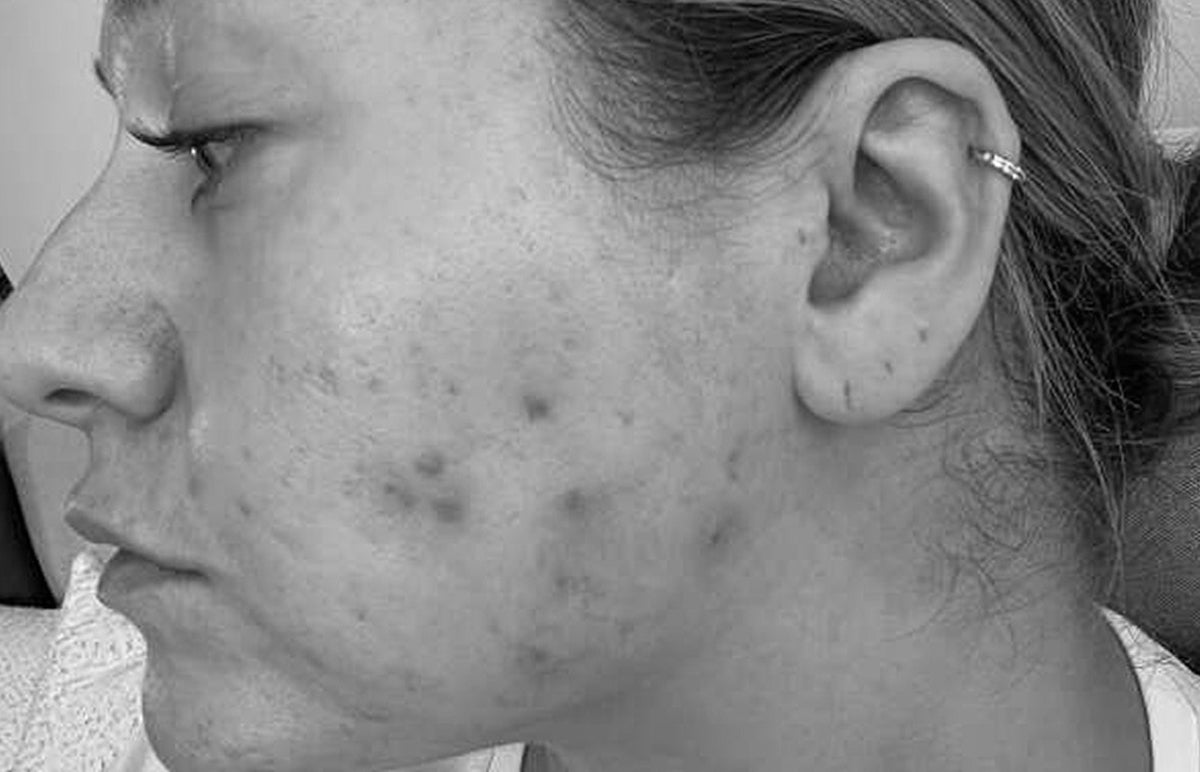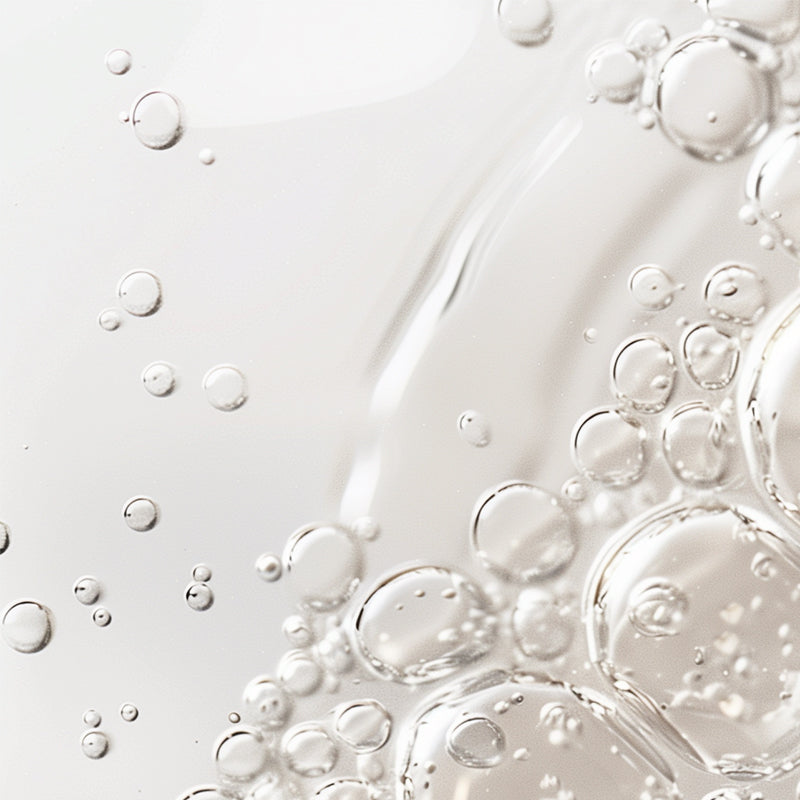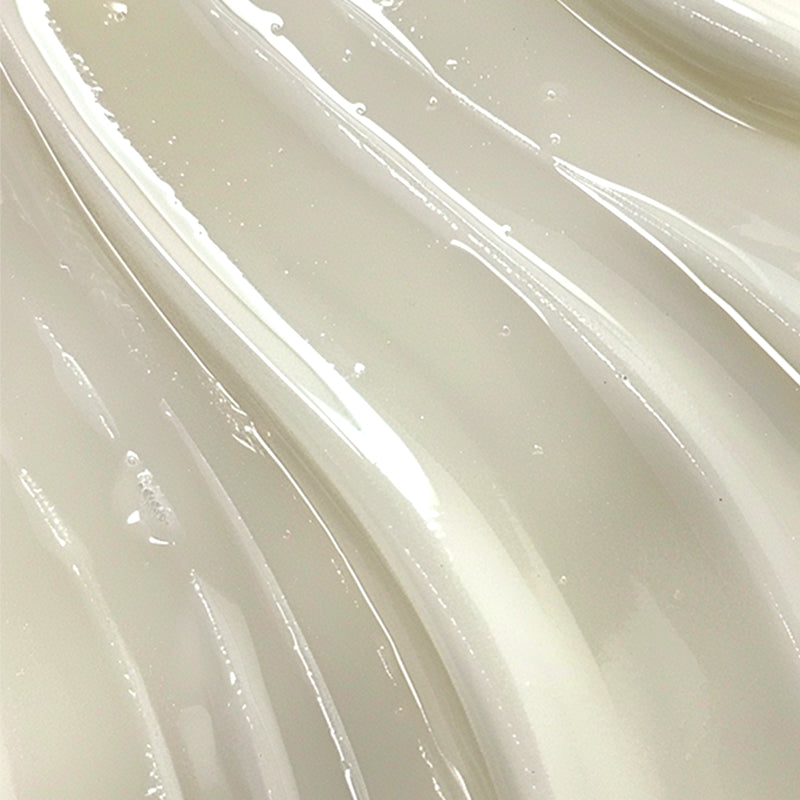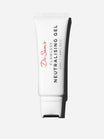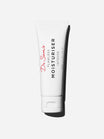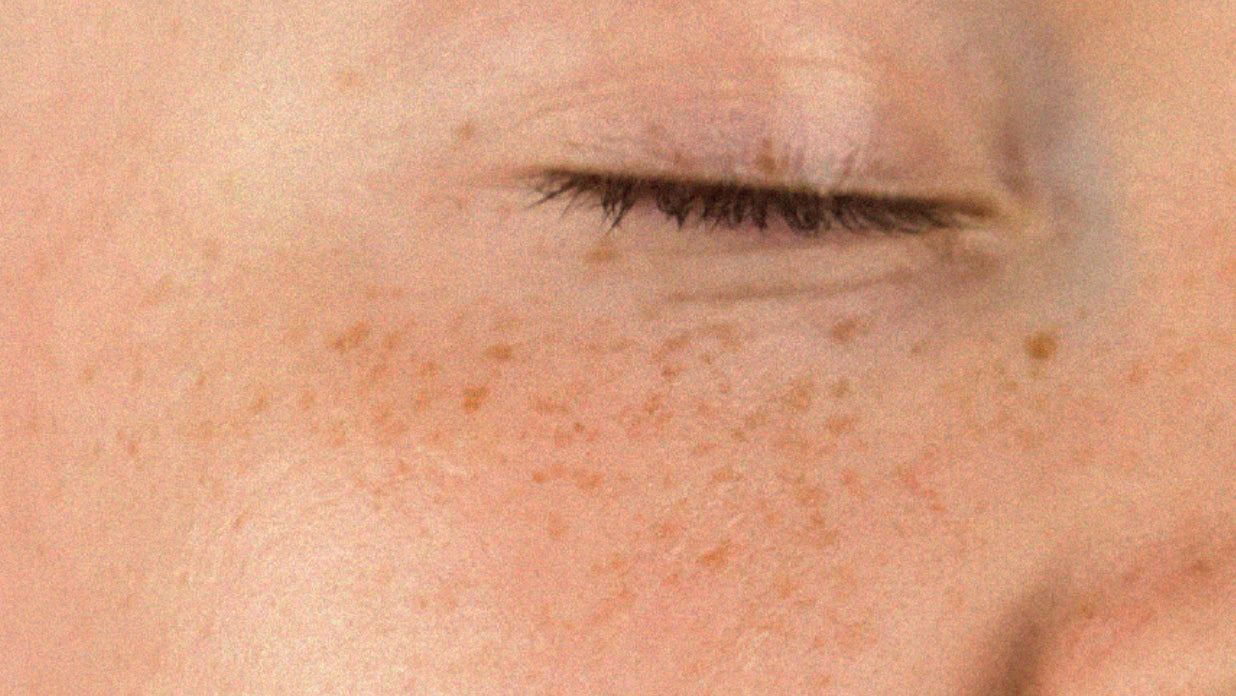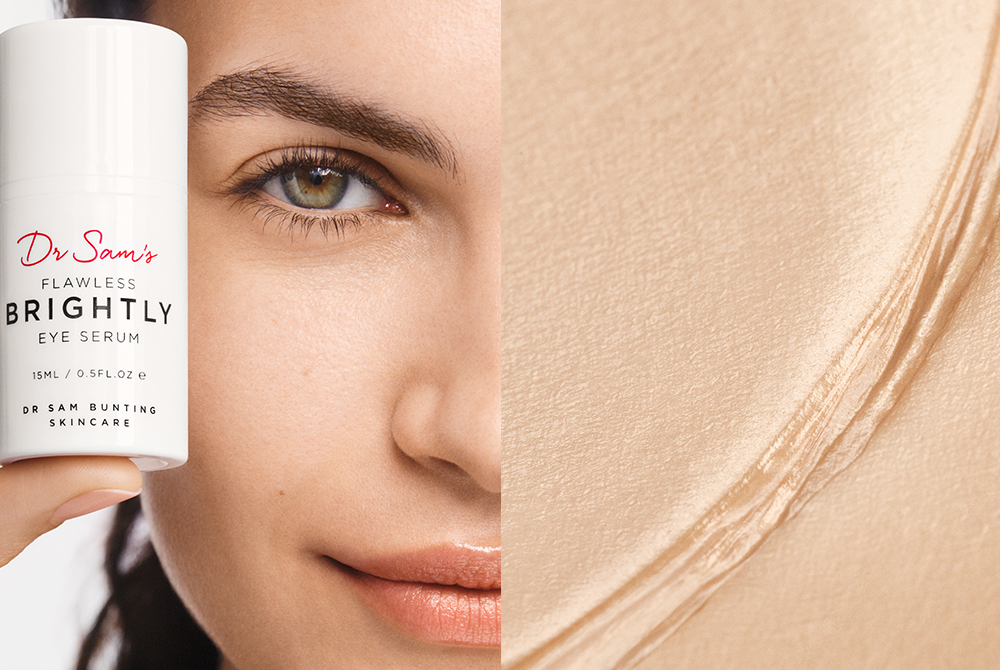Whether with lemon in hot water or a freshly squeezed glass of orange juice, we’re all familiar with the notion of starting our day with vitamin C. Naturally occurring, we can get it from our diet or supplements but when it comes to skincare, applying vitamin C topically has multiple additional benefits. With the ability to combat the visible signs of ageing, tackle hyperpigmentation and keep redness at bay, let’s deep-dive into why vitamin C is a trusted ingredient in my toolkit and how you should use it for best results.
What is Vitamin C?
Vitamin C is a powerful antioxidant found naturally in fruits and vegetables and commonly synthesised for use in skincare products. Vitamin C and its derivatives are widely used in skincare, but the most widely studied form is true vitamin C in the l-ascorbic acid form.
However l-ascorbic acid is notoriously unstable which can affect its potency. This has led to an interest in its more stable derivatives. A good example is Ascorbyl Glucoside, found in Flawless Brightly Serum, which potentially increases product longevity, ensuring it stays effective whilst on your bathroom shelf.
What are the benefits of Vitamin C?
Vitamin C and other antioxidants are used in skincare because of their ability to neutralise free radicals caused by environmental aggressors such as UV rays and pollution. Free radicals are unstable molecules that can damage structures, like lipids in cell membranes, causing illness and ageing. Using vitamin C helps to keep cells healthy by:
- Minimising the appearance of sun damage and hyperpigmentation which brightens dull or blotchy skin.
- Protecting the skin from irritation, inflammation and environmental pollution.
- Working synergistically with your sunscreen to give skin better protection from UV rays.
How to use Vitamin C?
As vitamin C plays a leading defensive role against the environment, I find that it fits best within a great daytime routine. Vitamin C is active on the skin for 24 hours so a once-daily application is sufficient. It is perfectly safe to use whilst trying to conceive, during pregnancy and throughout breastfeeding. For l-ascorbic acid to be efficacious in the skin it must be formulated at a pH of 3.5 which is quite acidic and could potentially be irritating. If you have very sensitive or reactive skin, make sure to patch test first to see how your skin gets on with it.
It’s wise to purchase a well-packaged and well-formulated product to ensure a good shelf-life for your product. Store in a cool and fairly dark place as sunlight can lead to oxidation, which you’ll notice if the colour changes to a dark orangey-brown. Air-tight pumps are the best packaging but if using a serum with a dropper, make sure the lid is tightly secured after each use.
What ingredients does Vitamin C work well with?
Not only does Vitamin C layer well, but it also has synergistic benefits with many other actives. It’s often formulated in conjunction with Vitamin E which is great for strengthening skin barrier function or Vitamin B which helps to improve skin texture, reduce fine lines and dullness.
Renowned for being a daytime complexion warrior, vitamin C is a worthy ingredient that belongs in your skincare arsenal. If tackling premature ageing or sun damage, it’s a vital part of your routine with some impressive protective prowess. Vitamin C has a leading role in Flawless Brightly Serum and Flawless Nightly Eye Serum because it leads to a brighter and more resilient complexion, allowing you to feel your most confident self.




